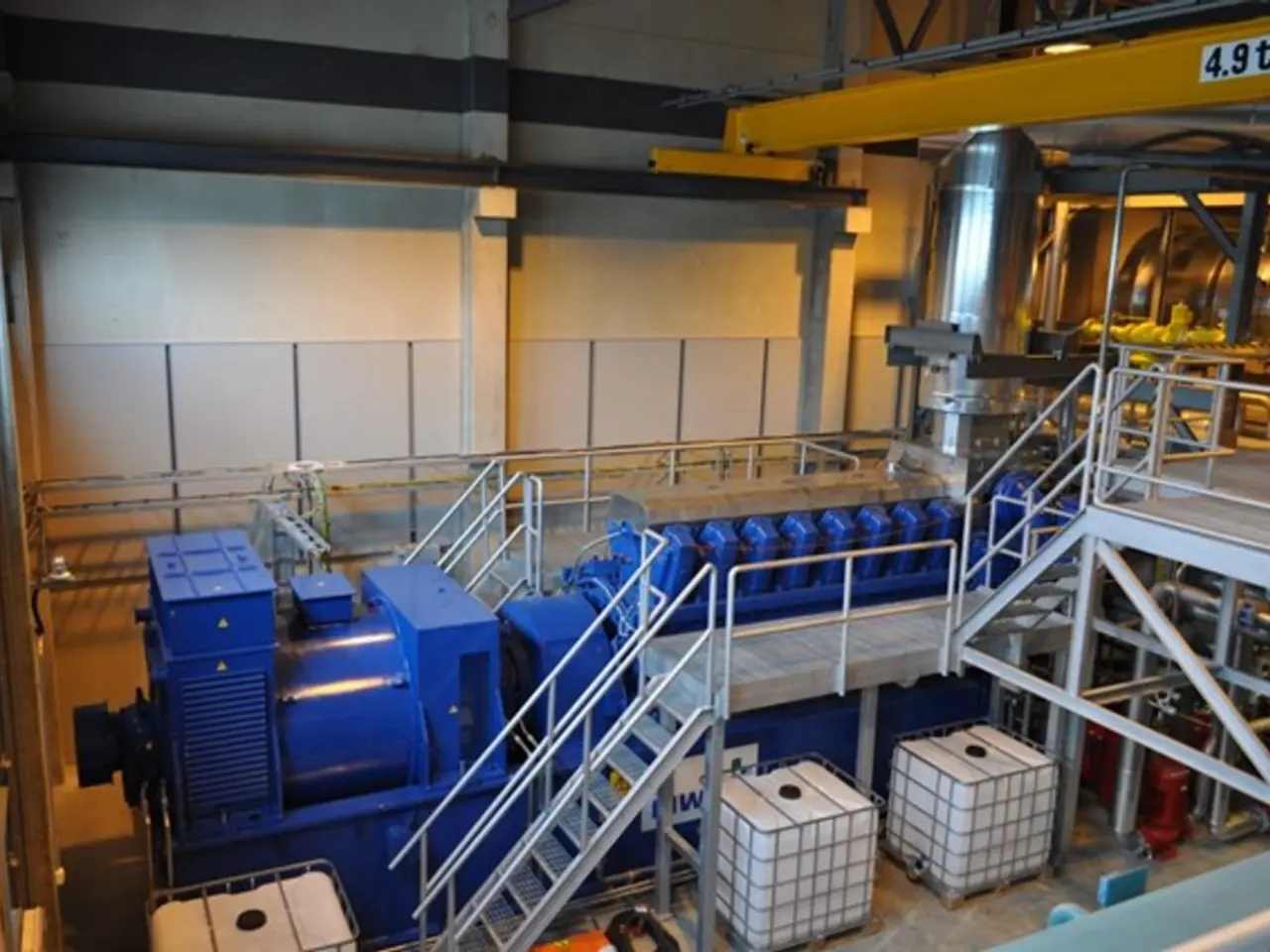Supporting Geothermal Energy Expansion: Fostering Conditions for Geothermal Energy Growth in Uganda
Uganda is taking significant strides in its pursuit of a sustainable and renewable energy future, with a particular focus on geothermal energy. The country, situated on the Western branch of the East African rift belt, offers prime conditions for geothermal power generation.
The Government of Uganda, in partnership with Carbon Counts and other organisations such as the United Nations Industrial Development Organization (UNIDO), the Climate Technology Centre and Network (CTCN), the United Nations Environment Programme (UNEP), and the Ministry of Energy and Mineral Development, among others, are working towards strengthening the policy and regulatory framework for geothermal energy development.
The goal is to establish a comprehensive framework to support the development of geothermal energy in Uganda, with the aim of increasing the share of renewable energy from the current 4% to 61% of total energy consumption by 2017. This ambitious target is part of Uganda's broader energy sector transformation, which also includes the deployment of solar and wind energy.
The project partners are focusing on developing an agreed Geothermal Energy Policy for Uganda, as well as a geothermal energy law and other elements of an enabling environment for the technology. The Geothermal Resources Department's capacity will be reinforced to create an environment that encourages geothermal investments.
The Ministry of Energy & Mineral Development was restructured in 2014, establishing the Geothermal Resources Department within the Directorate of Geological Survey and Mines. This restructuring is a testament to the government's commitment to prioritising geothermal energy as a key component of its energy mix.
Uganda's installed electricity capacity has recently been boosted by large hydropower projects. However, the country is prioritising diversification by integrating renewables such as geothermal to meet increased demand sustainably. The government aims to improve system stability and decrease load-shedding, while enhancing energy security and increasing access to energy in Uganda.
Initial estimates of Uganda's geothermal resource potential were around 450 MW, made as early as 1982. The project partners aim to help Uganda leverage this potential for its continued economic development over the coming years.
While specific details about the role of Carbon Counts and partners in the geothermal policy development are not yet fully detailed in publicly available sources, regional initiatives often focus on mitigating high financial risks in early-stage geothermal exploration, which aligns with the kind of support organisations like Carbon Counts might provide.
Uganda's progress in developing a supportive policy and regulatory environment for geothermal energy is a significant step towards its renewable energy goals. As investor interest in geothermal energy grows alongside solar and wind, the emphasis remains on creating a favorable regulatory landscape to enable investments in geothermal energy development.
[1] Uganda Energy Sector Strategy (UESS) 2012-2017 [2] Uganda's National Energy Policy for Uganda 2023 [3] Geothermal Development in Uganda: An Overview, World Bank Group, 2016.
- The Government of Uganda, along with organizations such as Carbon Counts, UNIDO, CTCN, UNEP, and the Ministry of Energy and Mineral Development, are collaborating to enhance the policy and regulatory framework for geothermal energy development, which is a key component of Uganda's energy mix.
- The ambitious goal is to increase the share of renewable energy from the current 4% to 61% of total energy consumption by 2017, with a focus on geothermal energy as part of Uganda's broader energy sector transformation.
- The emphasis remains on creating a favorable regulatory landscape to enable investments in geothermal energy development, as investor interest in geothermal energy grows along with solar and wind energy.
- Uganda's significant progress in developing a supportive policy and regulatory environment for geothermal energy is crucial for its renewable energy goals, considering the country's renewable energy resource potential of around 450 MW.




